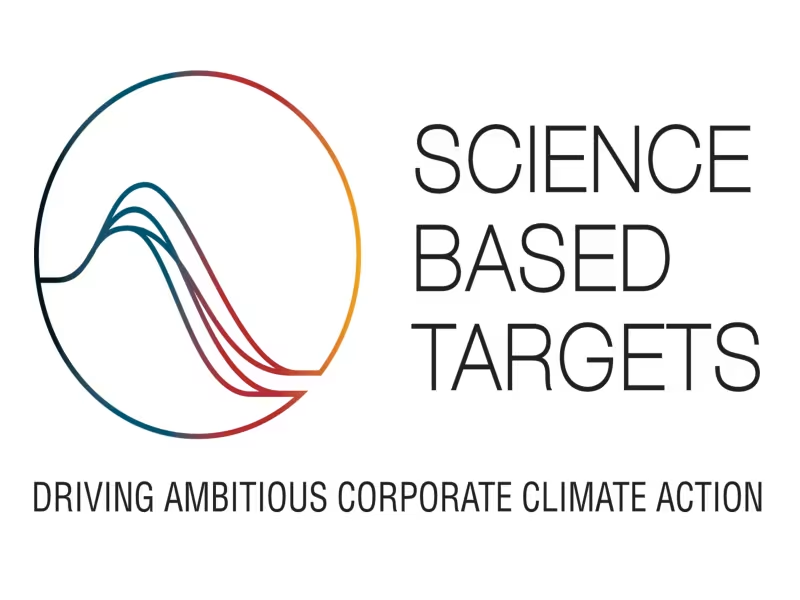
SHERIDAN, WYOMING – August 13, 2024 – BekaertDeslee, a global leader in the textile industry, is taking a significant step towards mitigating its environmental impact by setting ambitious emission reduction targets validated by the Science Based Targets initiative (SBTi). This commitment underscores the company's dedication to fighting climate change and driving sustainability across its operations and value chain.
The Textile Industry's Environmental Footprint
Recognizing the textile industry's substantial contribution to greenhouse gas emissions, BekaertDeslee is taking proactive measures to reduce its carbon footprint. The company acknowledges the role of household textiles, including mattresses, in this environmental impact and aims to set a positive example for the industry.
“We are dedicated to improving the lives of many by committing to a significant reduction of our carbon footprint,” said Eric Lachambre, CEO of BekaertDeslee.
Science-Based Targets for Meaningful Change
BekaertDeslee has committed to reducing its Scope 1 and Scope 2 emissions by 64.2% by 2030 from a 2021 baseline.The company's targets have been rigorously assessed and approved by the SBTi, ensuring they are in line with the latest climate science and contribute to limiting global warming to 1.5°C.
Addressing Emissions Across the Value Chain
BekaertDeslee is adopting a comprehensive approach to emissions reduction, focusing not only on its direct operations but also on its broader value chain. This includes Scope 3 emissions, which account for a significant portion of the company’s footprint.
"For Scope 3, our major contributors are our purchased materials and the end-of-life impact of our products," explained Kévin Burkel, Executive Vice President for Sustainability, Marketing & Strategy. "We are engaging with our suppliers and customers to reduce the carbon footprint of our products. The major levers are to work with more recycled materials instead of virgin materials, to develop products that are easier to recycle, and also to source more renewable materials."
Concrete Actions for a Sustainable Future
To achieve its ambitious targets, BekaertDeslee is implementing a range of measures, including:
- Energy Efficiency: Installing energy-efficient heating systems and developing new, more energy-efficient manufacturing processes and machines.
- Renewable Energy: Increasing the purchase of green electricity and investing in renewable energy infrastructure.
- Circular Economy: Recycling textile waste and aiming for a cradle-to-cradle solution, where products are designed to be reused or recycled at the end of their life.
- Supplier Engagement: Working with suppliers to reduce the carbon footprint of purchased materials.
- Product Innovation: Developing products that are easier to recycle and incorporate more renewable materials.
A Holistic Approach to Sustainability
BekaertDeslee's commitment to sustainability goes beyond emissions reduction. The company is embedding sustainable practices into every aspect of its business, from product design and manufacturing to supply chain management and end-of-life solutions.
"We will continue working on a more holistic sustainability strategy to build a better tomorrow and to secure our industry leadership role for the future," added Lachambre.
Leading the Way
BekaertDeslee's ambitious targets and concrete actions demonstrate its commitment to building a sustainable future for the textile industry. The company's leadership in sustainability sets a powerful example for others in the industry and reinforces the importance of taking decisive action to combat climate change.
For more information on BekaertDeslee’s sustainability initiatives, please visit https://catalogs.bekaertdeslee.com/sustainability-report-2023/full-view.html.